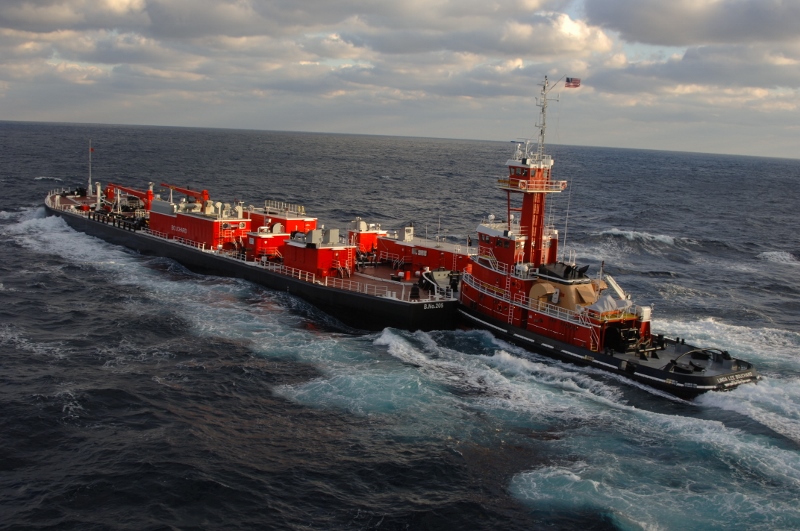Fifty years ago, many experts said that U.S. oil production had peaked. Today the U.S. is on the threshold of being the largest oil producer in the world, with daily production of 10.6 million bbls. per day (mbd) compared to Saudi Arabia’s 10 mbd and Russia’s 11 mbd.
The Permian Basin, which stretches from west Texas to New Mexico, produces about one-third of U.S. daily oil output, about 3.1 mbd. Shale drilling in the Permian Basin has changed drastically with more concentrations of well clusters emphasizing efficiency and expanded production. The result is that Permian Basin wells are profitable in the high-$30 to low-$40-bbl. range. West Texas Intermediate crude oil prices were around $65 bbl. on Aug 15.
What do these developments mean? First, the U.S. is moving towards becoming a major world oil exporter rivaling Saudi Arabia. U.S. oil exports are approaching 2.5 mbd, rising rapidly since 2016. Second, lower U.S. production costs, as seen in the Permian Basin, suggest that competitive price reductions by other major oil exporters will have little effect on domestic oil production and exports.
These developments are game changers for the U.S. economy and foreign trade (oil). Unfortunately, barge lines are not usually major transporters of crude oil unless there are extenuating circumstances such as North Dakota’s inadequate pipeline capacity. Today there is a construction boom underway for energy pipelines, particularly natural gas. Railroads and barge lines may move the pipe and the fracking sand, but the bulk of the energy produced will be moved via pipeline.
The increased energy production and exports of crude and LNG speak well for ports and pipelines. But rail and barge lines are largely left out of these sectors. So, while there are significant shifts in the rapidly growing U.S. oil and gas industries and markets, the effect on barge and rail are limited to such things as well byproducts such as propane (ignoring the loss of domestic coal from substitution by natural gas).
The downstream refined products effect of low cost domestic oil and natural gas offer opportunities for barge and rail such as chemicals. This is the sector to watch to see how far the energy revolution reaches the traditional surface transporters of bulk refined products cargo.




